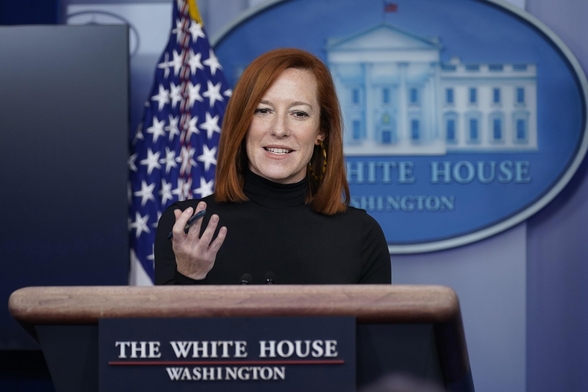Input 2021.03.19 08:23 | Revision 2021.03.19 08:26
On the 18th (local time), White House spokesman Jen Saki said at a briefing that “it is not a confirmed plan, but the US authorities are finalizing a plan to send the AstraZeneca vaccine to Mexico and Canada.”

The vaccine provided by the United States is expected to be reimbursed by Mexico and Canada in the future. Reuters, which reported plans to provide the vaccine prior to Saki’s briefing, cited officials, saying that Mexico and Canada will pay back for the vaccine at the end of the year.
The US media reported that the Biden administration’s promise to make vaccinations available to all adult Americans by May 1st is not disrupted. In the United States, vaccines from Pfizer, Modena and Johnson & Johnson have been approved by the Food and Drug Administration (FDA), and AstraZeneca has not yet been approved.
Canada’s densely populated Ontario Prime Minister Doug Ford said, “God bless the United States. This is what true neighbors do. Help each other in crisis,” the US media reported.
When asked if the vaccine offering had something to do with the border crisis, Saki drew no line. Since the establishment of the Biden administration, the number of people trying to enter the United States across the southern border has soared to the highest level in 20 years, which has become a concern for the Biden administration.
Meanwhile, the Mexican government announced that it will put restrictions on non-essential activities on the southern border facing Guatemala and the northern border facing the United States to prevent the spread of the novel coronavirus infection (Corona 19).
